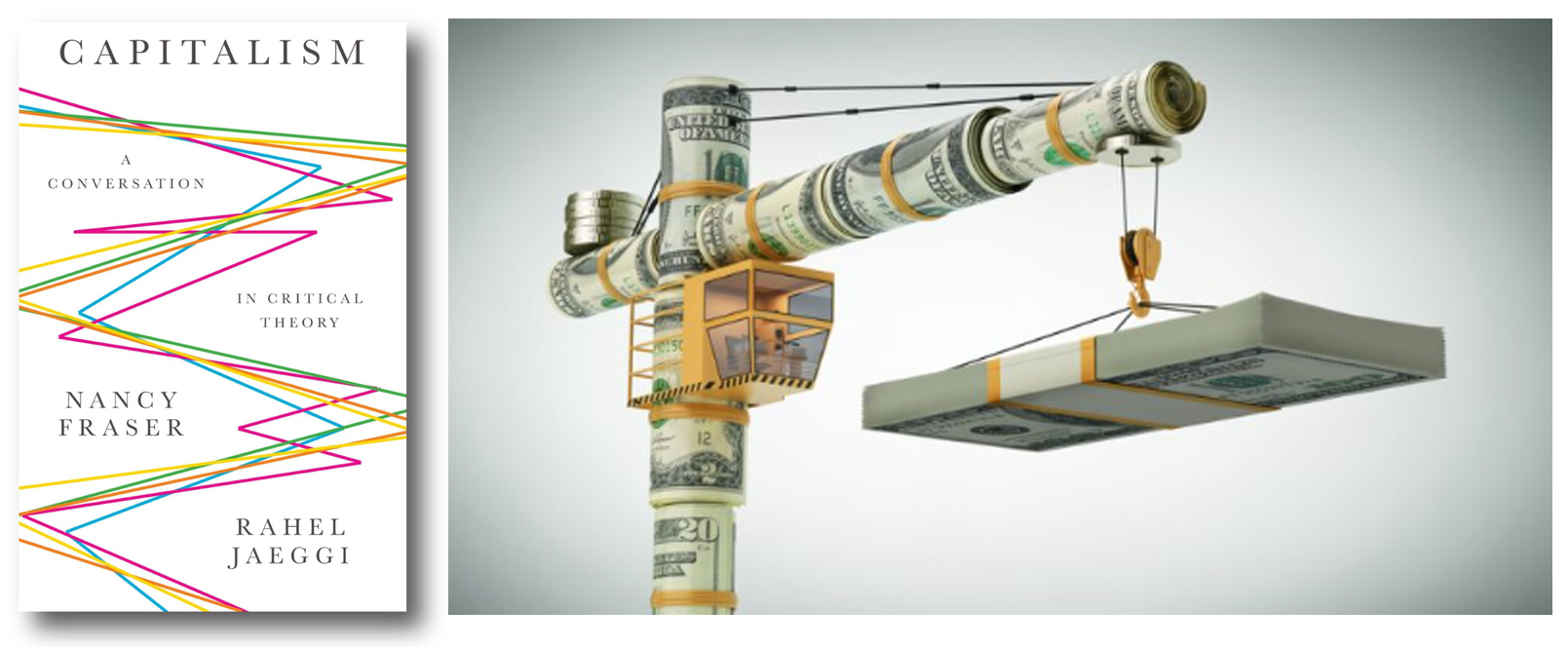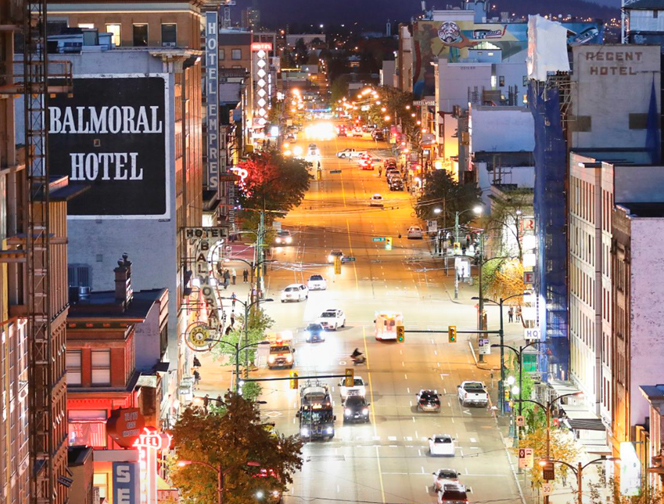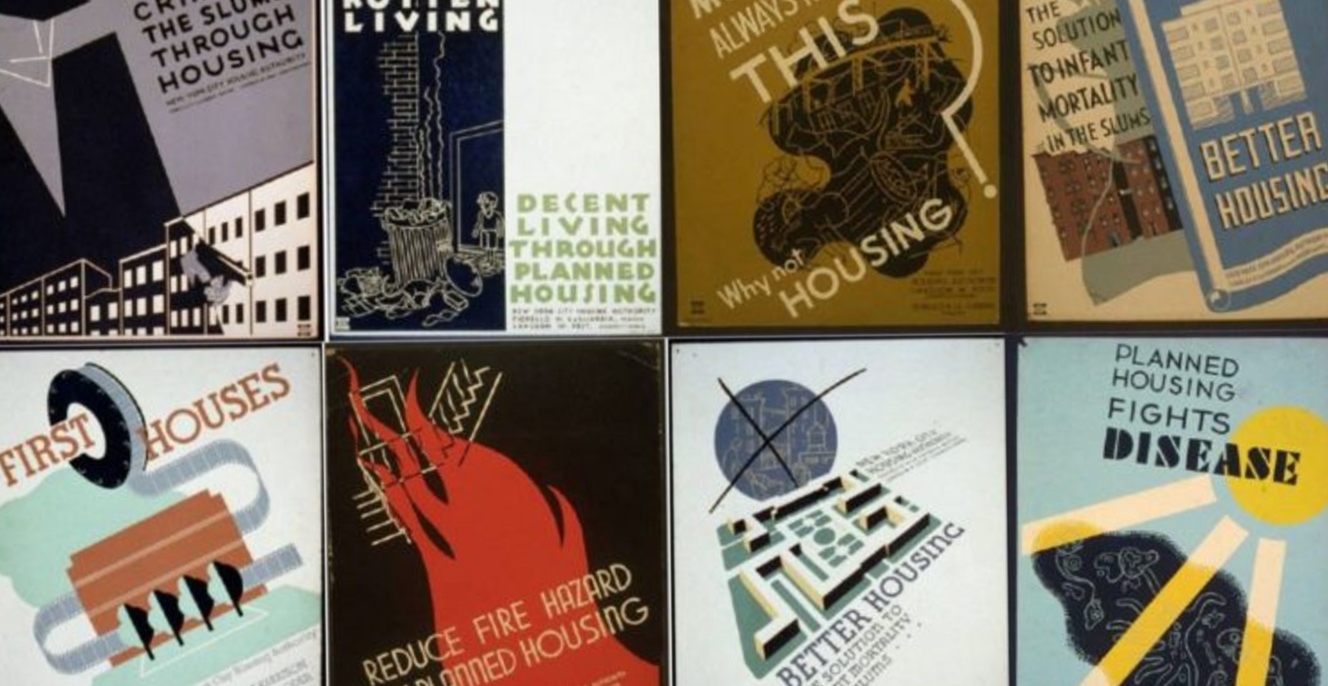Capitalism: Causes, Conditions, Consequences … and Beyond
Join us for a close reading of Capitalism: A Conversation in Critical Theory which shows how different historical regimes of capitalism have relied on institutional separations between economy and polity, production and social reproduction, and human and non-human nature. Interaction between these domains is periodically readjusted in response to crises and upheavals.



